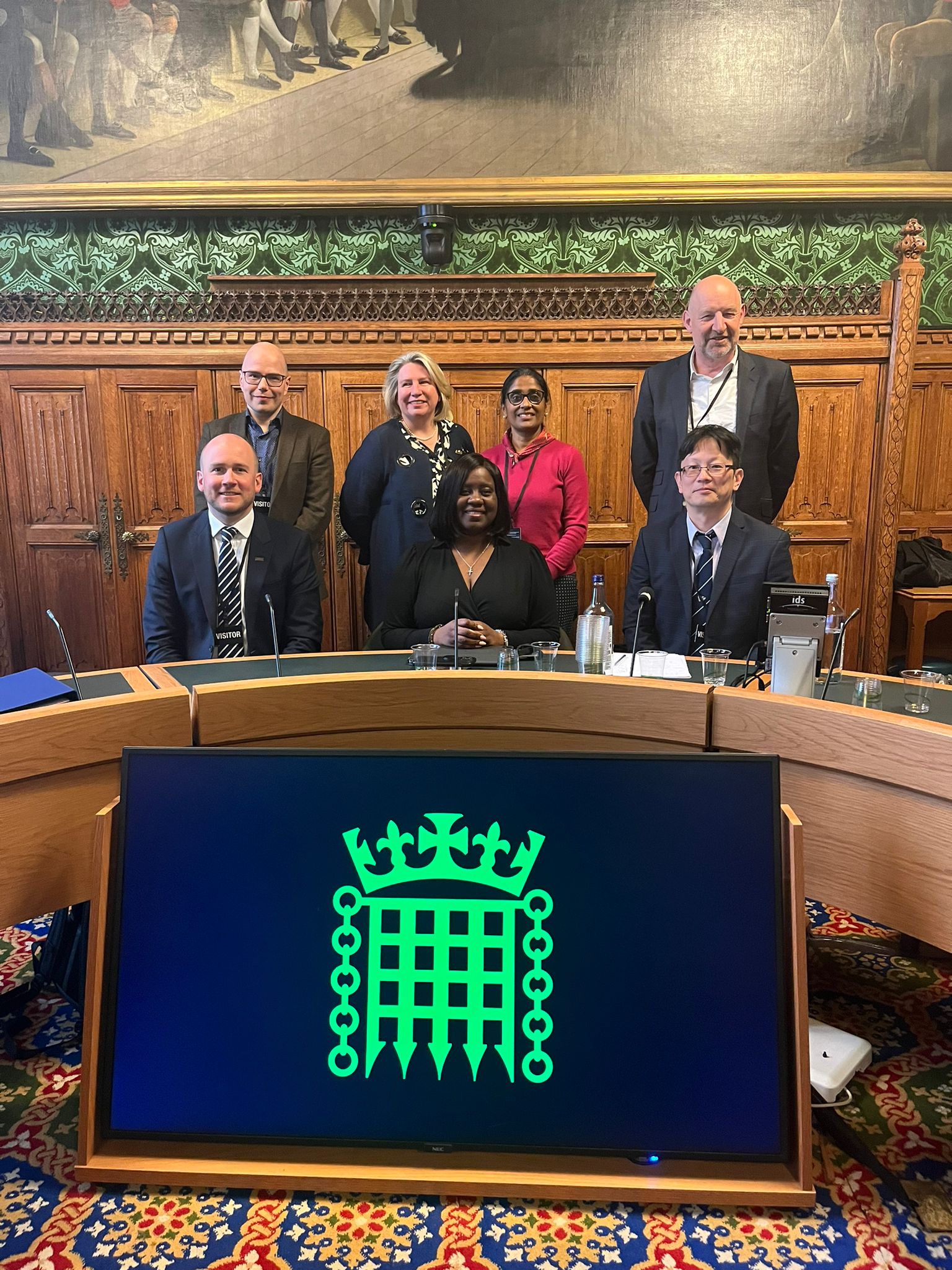Last week Members of Parliament debated the potential merits of a national eye health strategy at Westminster Hall. The debate, tabled by Marsha de Cordova MP, saw parliamentarians from across the political spectrum cite recent RCOphth statistics and explore several policy priorities advocated by the College. They discussed how an eye care strategy, supported by investment and resourcing, could help facilitate solutions to the ophthalmology capacity challenge.
Workforce Census 2022 helps MPs articulate the ophthalmology capacity challenge
During the debate on ‘the potential merits of a national eye health strategy’, several Members of Parliament (MPs) cited recent RCOphth Workforce Census 2022 findings to aid in their description of the challenges facing ophthalmology services.
Workforce shortages
Several MPs highlighted ophthalmology consultant and specialty and associate specialist (SAS) shortages identified in the census, with Marsha de Cordova MP stating that “nearly 80% of eye care units already do not have enough consultants to meet current demand” followed by Dr Rupa Huq MP highlighting that 80% of eye units have become more reliant on multidisciplinary team (MDT) and allied health professionals (AHPs) compared to 12 months ago.
Labour’s Shadow Health Minister Karin Smyth MP linked these statistics with the impact on outpatient backlogs, citing census statistics showing 63% of eye units estimating it will take at least a year to clear and a quarter that it will take at least three years. Shadow minister Smyth subsequently posted RCOphth census statistics on Twitter.
Independent provision of ophthalmology services
Increased delivery of NHS-funded ophthalmology care by independent sector providers (ISPs) was also a point of focus by Dr Huq. She drew attention to the Health Service Journal report on the census which found that 58% of eye units say ISPs delivering NHS-funded care in their area had a negative impact on patient care and their ophthalmology services. Dr Huq highlighted the specific focus by ISPs on the delivery of “low-risk, routine work” such as cataracts by ISPs which was leading to sustainability and accessibility issues of local NHS services.
RCOphth policy priorities reflected by MPs in discussion of solutions
While the workforce census helped inform MPs of the nature of the capacity challenge facing ophthalmology services, the College’s policy priorities continue to be reflected in the national debate and across the political spectrum, including the Government.
Expansion of post-graduate training opportunities in ophthalmology
Several parliamentarians – including Marsha de Cordova MP, Paul Blomfield MP, and Rupa Huq MP – voiced RCOphth’s call to ensure investment in medical school places was matched by an expansion and resourcing of training in the post-graduate ophthalmology pipeline. While Labour’s Karin Smyth stopped short of specifically committing to an expansion in training places, she restated Labour’s ongoing commitment to doubling medical school places to “train a new generation of doctors.”
Responding on behalf of the Government was Minister for Primary Care and Public Health Neil O’Brien MP, who stated that an expansion in training places would be made available in 2023 and met one of RCOphth’s policy calls by committing to “improved training for existing ophthalmology staff so they can work at the very top of their clinical license”, including MDT and AHP staff.
Addressing the training gap in independent services
Building on the availability of training, Minister O’Brien publicly acknowledged for the first time the challenges associated with the lack of training opportunities provided by ISPs, while stressing the importance of the independent sector’s role in reducing backlogs more broadly.
He stated it is important to “ensure that trainees can get sufficient cataract surgery training and can have a broad range of clinical experiences as they are trained”. The College believes this is an important acknowledgement, and continues to work with NHS England and ISPs to resolve this challenge following publication of the blueprint for cataract training in the independent sector, co-created between RCOphth and NHSE.
Integration of services underpinned by single referral system and data sharing
Ms Cordova pointed to the eye care sector’s “championing of a single national electronic eye care referral system […] that would facilitate direct optometry to ophthalmology referrals”, a call supported by Paul Blomfield MP who highlighted estimates that such a system could save an estimated £2 million per year. Dr Huq joined the call for better integrated services underpinned by standardised digital imaging between primary and secondary eye care that facilitates better data sharing and ensures care is “joined up at the touch of a button.”
Labour’s shadow minister reiterated their call for the development of direct optometry to ophthalmology referrals in an effort to free up capacity in A&E, GP surgeries, and eye care services.
Responding, Minister O’Brien agreed that “image sharing between primary eye care providers and secondary care specialists, through telemedicine hubs, could allow more patients to be seen in the community” before pointing toward a pilot scheme in North Central London Integrated Care System (ICS) demonstrating the potential for this model to improve triaging, alongside NHSE’s plans to “support a number of other integrated care systems to adopt the eye care referral model.”
The College believes that a national eye health strategy, if supported by effective investment and resourcing, would help increase ophthalmology capacity and enable more efficient eye care services, ensuring sustainable hospital eye services that can meet ever-growing patient need. We will continue to engage with politicians from across all parties to advocate for the solutions needed to fix ophthalmology capacity challenges.
If you have any questions or comments regarding the content of the debate or about the College’s engagement with parliamentarians, please contact [email protected].
A full transcript of the debate is available here.
A full recording of the debate is available here.


